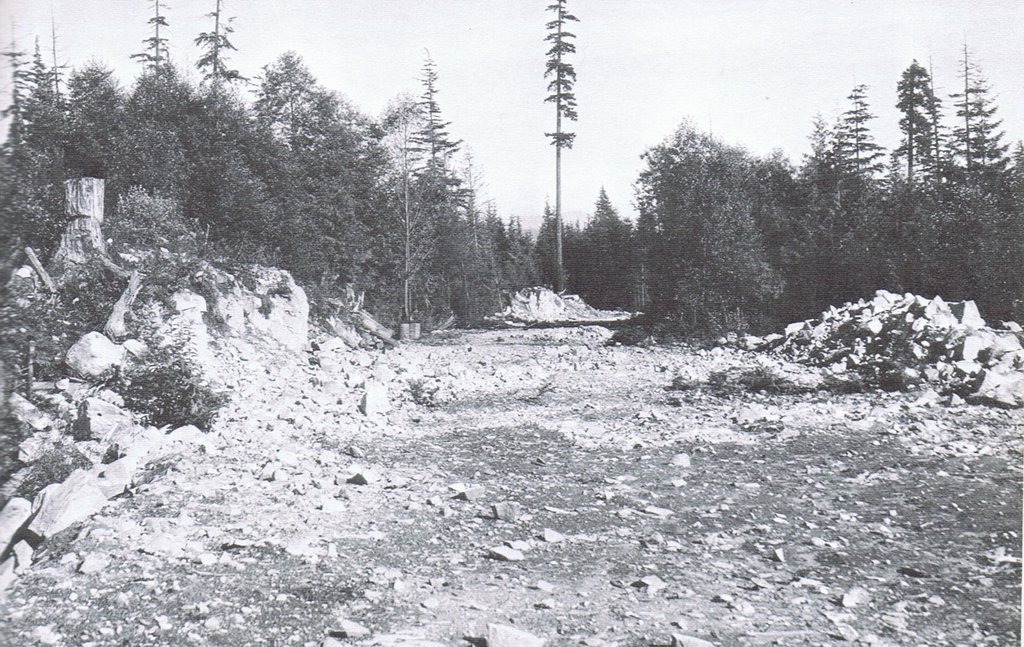Some interesting notes about the
Construction of CapilanoStanley Thompson sent a January 2nd, 1936 telegraph to John Anderson discussing his visit to Capilano, “Expect arrive Vancouver fifteenth instant spending several weeks west coast stop. ………” He obviously spent three weeks working on the construction and seeding of the course. I think each trip was likely of this duration due to the travel time and the limited number of visits he made.
His fees were $732 per visit “including all traveling expenses.” Each visit require four nights on a train in either direction. So three weeks actually meant 12-13 days on site. An interesting note was from those fees had commissions he received from the purchase of goods for the course (like grass seed) deducted from the total. He was not handsomely paid for Capilano and in fact had to send a letter in September 24th, 1938 still trying to collect $253.75 for the last payment.
In a letter on March 9th 1936 he states, “….I am coming to Vancouver in the end of March and I will spend three or four weeks during seeding time to supervising same and flashing the bunkers and greens. This will put the course beyond the tampering stage as regards to the architecture." Again it is clear that Thompson has from 12 to 18 days on site on this visit.
This is supposed to be the 6th hole during construction, but it's really the 15th green.

The tee shot on the 15th

We know Stanley Thompson went to West Vancouver in the spring of 1933 to inspect the site “and had his course design on paper.” Clearing began immediately under the direction of Stan Conway (they first cleared centerlines and worked out), so we can assume this trip began construction. When we look at the pay days we discover there is no record of him being paid in 1933, but he was paid in April 20th 1932. I personally think this is an error in the book Hathstauwk since he first met Taylor at the Waldorf Astoria in July of 1932. The pay date should read April 20th, 1933. This was obviously the visit to the site that produced the routing of the course. He submitted construction plans in June of 1933 (this did include irrigation drawings - clearly referred to in another letter).
Using the notes for pay, his next visit came on October 24th 1934. The clearing at Capilano was absolutely brutal and I would bet that little actual course construction began until 1936. (note: Cornish hired in 1935 to help address the lack of soil) The site had to be cleared of massive trees (some of the stumps can still be seen and are 6-8 feet across. The site was also full of rock outcrops and strewn with boulders too. Just cleaning up after clearing must have been the bulk of the work judging by the photos.
His next visit was November 9th, 1935, followed quickly by a visit on January 31st, 1936. He was fully the golf course construction and was supervising the green contours and bunker shaping on these trips. He wrote 12 pages of Finishing Notes on February 4th, 1936 that outlined all the work he wanted completed on each hole to finish the golf course. Much to my chagrin, he included a great deal of suggestion on planting and even produced an extensive planting plan for the course. Play began in the late summer of 1936.
Near as I can tell Stanley only visited the site 4 times, once to route the course, once to supervise clearing and twice during the golf course construction. He spent about two weeks on average on the property for an estimated total of 60 days.